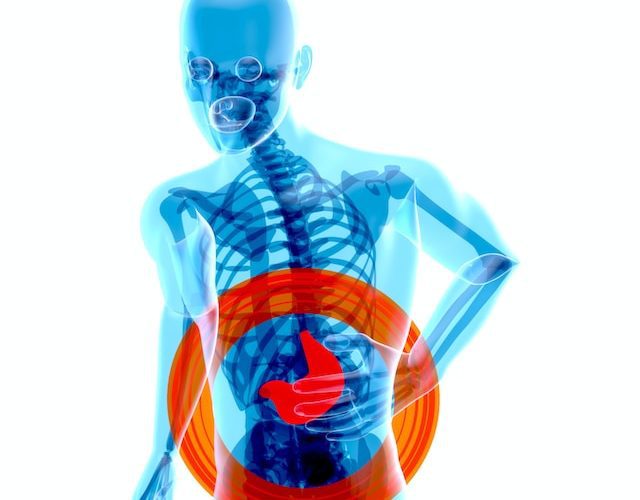Fatty liver disease, a widespread and potentially serious condition, calls for proactive prevention and effective management strategies. In this article, we delve into the importance of lifestyle changes and medical interventions in preventing and managing fatty liver disease, equipping individuals with the knowledge and tools to safeguard their liver health.
Fatty liver disease, characterized by the accumulation of fat in liver cells, encompasses various forms, including alcoholic fatty liver disease (AFLD) and non-alcoholic fatty liver disease (NAFLD). NAFLD, the more prevalent form, consists of non-alcoholic fatty liver (NAFL) and non-alcoholic steatohepatitis (NASH), the latter being the more severe and progressive form.
Prevention lies at the core of managing fatty liver disease. Lifestyle modifications play a pivotal role in reducing the risk and progression of the condition. One of the primary factors associated with fatty liver disease is obesity, particularly excess abdominal fat. Therefore, maintaining a healthy weight through a combination of balanced nutrition and regular physical activity is crucial.
Adopting a healthy eating pattern is essential for preventing and managing fatty liver disease. Focus on a diet rich in fruits, vegetables, whole grains, lean proteins, and healthy fats, while limiting the consumption of processed foods, sugary beverages, and saturated fats. Emphasizing portion control and mindful eating can also contribute to weight management and overall liver health.
Regular physical activity plays a significant role in preventing and managing fatty liver disease. Engaging in aerobic exercises, such as brisk walking, jogging, cycling, or swimming, helps burn excess calories and improve overall fitness. Strength training exercises, such as weightlifting or bodyweight exercises, can help build muscle mass and enhance metabolic function. Striving for at least 150 minutes of moderate-intensity aerobic activity per week, along with strength training exercises two or more days per week, is recommended.
Reducing alcohol consumption is crucial, particularly for individuals with AFLD. Alcohol is a known contributor to liver damage and can exacerbate fatty liver disease. For those with NAFLD, it is advisable to avoid alcohol altogether or consume it in moderation, following guidelines provided by healthcare professionals.
While lifestyle changes form the foundation of fatty liver disease prevention and management, medical interventions may be necessary in certain cases. These interventions target underlying conditions, such as obesity, diabetes, high cholesterol, and metabolic abnormalities, which contribute to the development and progression of fatty liver disease.
Healthcare professionals may prescribe medications to address specific metabolic conditions associated with fatty liver disease. For instance, medications to manage diabetes, control cholesterol levels, or improve insulin sensitivity may be recommended. It is crucial to work closely with healthcare providers to determine the most appropriate treatment options tailored to individual needs.
Ongoing research and clinical trials are exploring potential pharmacological treatments specifically targeting fatty liver disease. These developments hold promise for the future management of the condition. It is essential to stay informed about emerging treatment options and discuss them with healthcare professionals when appropriate.
In conclusion, preventing and managing fatty liver disease requires a comprehensive approach that combines lifestyle changes and, when necessary, medical interventions. By adopting a healthy diet, engaging in regular physical activity, maintaining a healthy weight, and minimizing alcohol consumption, individuals can reduce their risk and mitigate the progression of the disease. Seeking medical guidance and adhering to prescribed treatments further supports effective management. Empowered with knowledge and supported by healthcare professionals, individuals can take proactive steps to prevent and manage fatty liver disease, safeguarding their liver health and overall well-being.












